12, September 2018
‘Monster’ Hurricane Florence takes aim at US Southeast 0
Hurricane Florence, on track to become the first Category 4 storm to make a direct hit on North Carolina in six decades, howled closer to shore on Wednesday, threatening to unleash pounding surf, days of torrential rain and severe flooding.
Packing maximum sustained winds of 140 miles per hour (225 km per hour), Florence’s trajectory showed its center most likely to strike the southern coast of North Carolina by Friday, the National Hurricane Center said.
The storm is expected to bring tropical storm-force winds, life-threatening storm surges of seawater and 35 inches (89 cm) of rain to parts of the Carolinas and Virginia, where intense inland flooding was expected, the center said.
“This is a life-threatening situation,” the center said in an early morning bulletin. “Persons located within these areas should take all necessary actions to protect life and property.”

More than 1 million residents have been ordered to evacuate the coastline of the three states, while university campuses, schools and factories were being shuttered.
To hasten evacuations from coastal South Carolina, officials reversed the flow of traffic on some highways so all major roads led away from shore.
“This storm is a monster,” North Carolina Governor Roy Cooper said. He cited forecasts showing Florence was likely to stall over North Carolina, “bringing days and days of rain.”
Fierce winds and massive waves are expected to lash the coasts of North and South Carolina and Virginia even before Florence makes landfall bringing a storm surge as much as 13 feet (4 meters), the National Hurricane Center in Miami warned. Catastrophic floods could follow if the storm stalls inland, it said.
The storm, a Category 4 on the five-step Saffir-Simpson hurricane scale, was expected to grow stronger and larger over the next few days, the NHC said.
The last Category 4 hurricane to plow directly into North Carolina was Hazel in 1954, a devastating storm that killed 19 people.
Communities could lose electricity for weeks, Federal Emergency Management Agency (FEMA) Administrator Brock Long said.

Crews also prepared 16 nuclear reactors in the three-state region for the storm.
The American Red Cross said more than 700 workers were headed to the region while shelters were set up to house those unable to flee.
The US Coast Guard closed ports in Wilmington and Morehead City, North Carolina and Hampton Roads, Virginia to inbound vessels greater than 500 tons and was requiring vessels of that size to leave if they did not have permission to be in the ports.
Residents prepared by boarding up their homes and stocking up on food, water and other essentials, stripping grocery store shelves of merchandise. Many gasoline stations were running low on fuel.
(Source: Reuters)


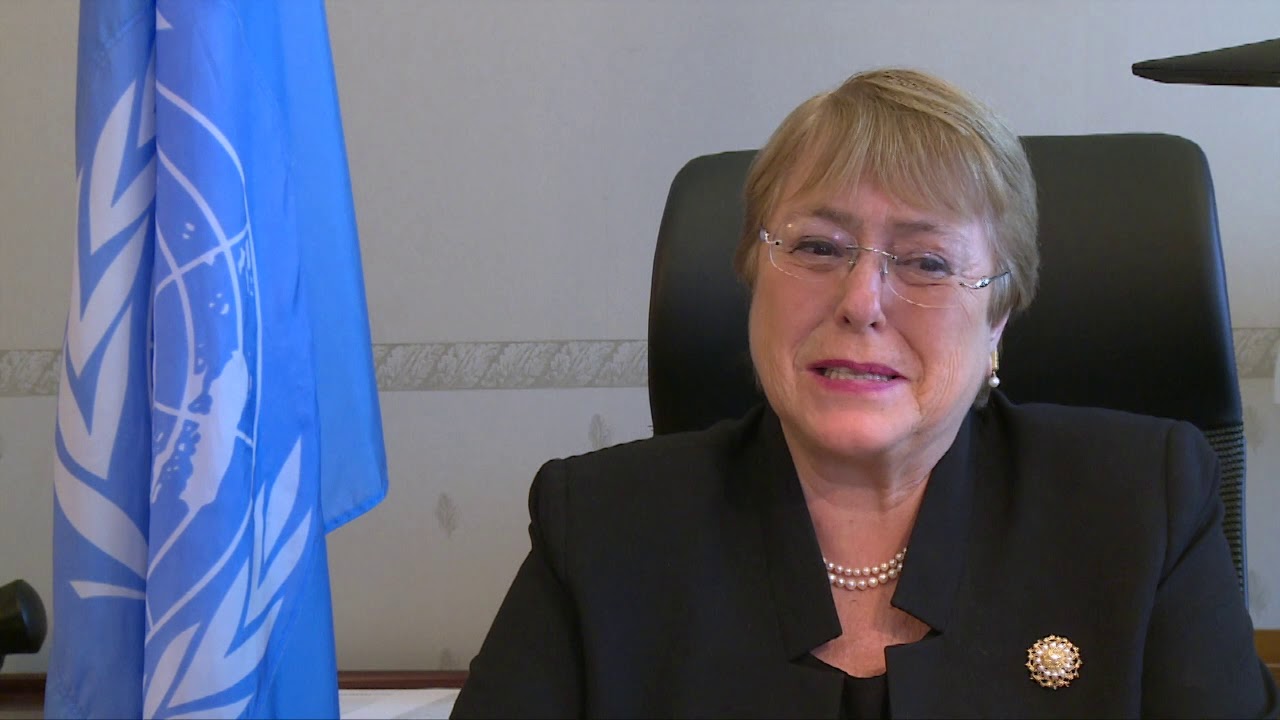
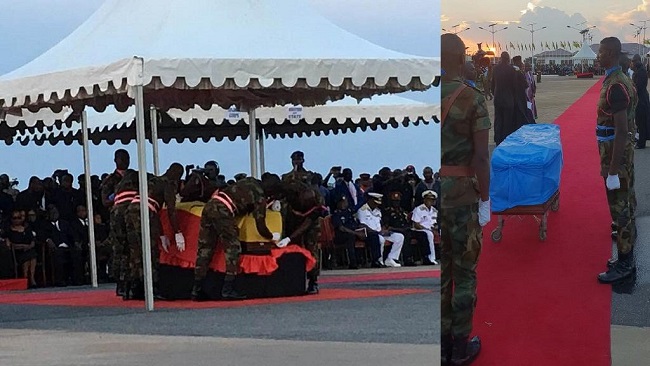

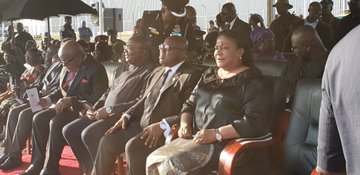

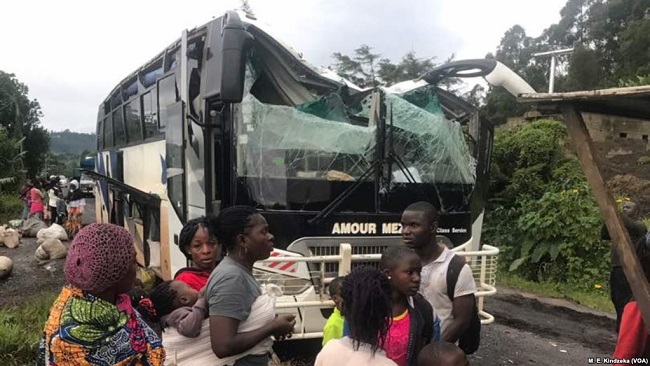
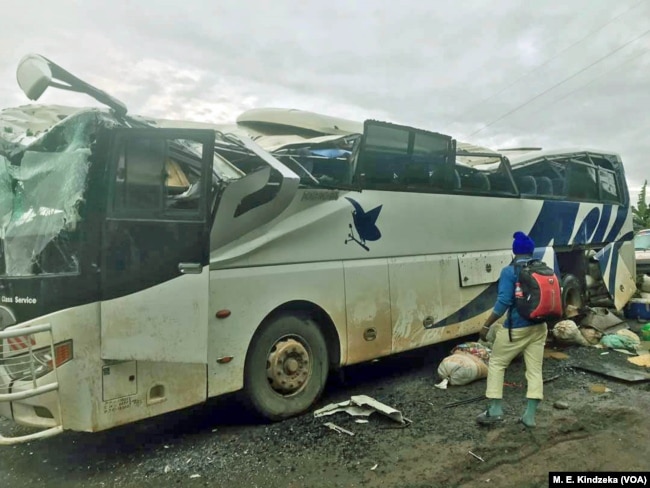
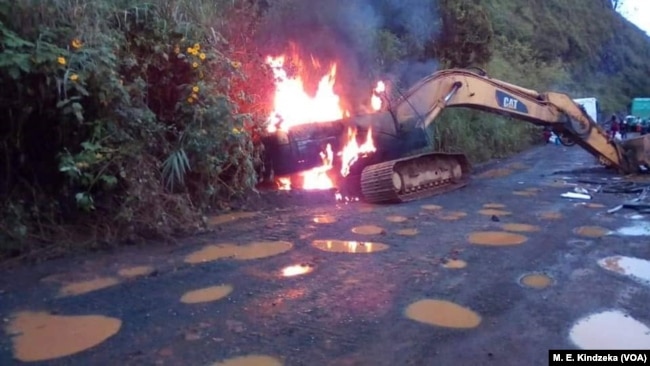
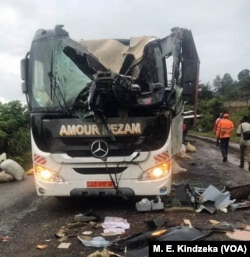



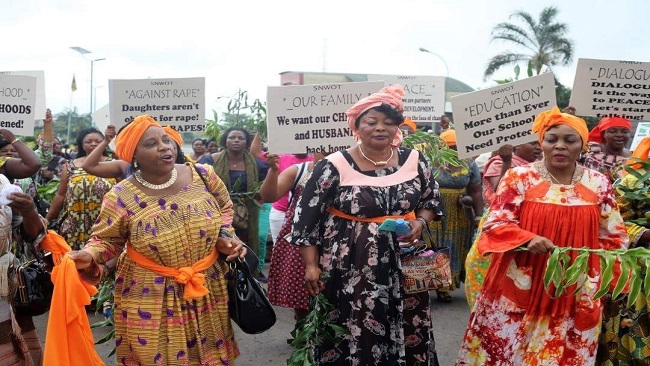

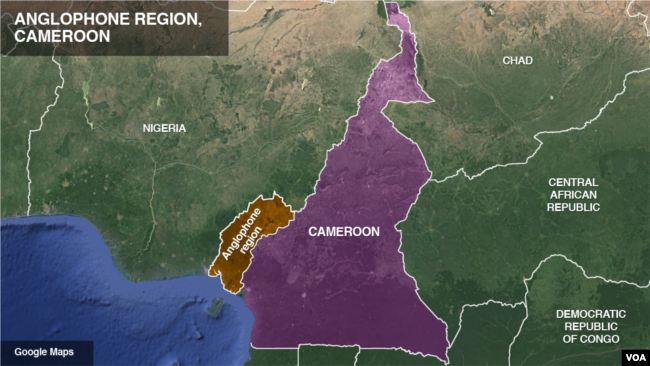


















13, September 2018
Yaounde: Biya Francophone regime orders arrest/kidnap of Ambazonian leaders abroad 0
Ambazonian Acting President Dr. Samuel Ikome Sako, Communications Secretary Chris Anu including the former leaders of the Southern Cameroons struggle Mark Bareta, Tapang Ivo, and John Mbah Akuroh, are amongst those targeted by the Biya Francophone Beti Ewondo regime in Yaoundé.
According to a facsimile of an unverifiable order purportedly issued by the National Police boss, Mbarga Nguele, Cameroon ambassadors in the countries concerned have been directed to leverage support of the international police (INTERPOL) to enforce the directive with the utmost urgency and secrecy; suggesting, some activists might be secretly kidnapped where possible or summarily executed by hit men paid by the regime.
“The press release appears to be an act of desperation, but if Biya thinks western countries are Banana republics like Nigeria, then he is mistaken. Any attempt to arrest, kidnap let alone assassinate any Ambazonia activists abroad, without due process, will obviously spark the beginning of the end of the regime” noted our contributing editor in the USA.
The Diaspora has been financing the war and the fighters on the ground have been giving the government a run for its money. So far, more than 1,000 army soldiers have been killed while it is estimated that some 3,000 civilians have been murdered by French Cameroun government troops.
The government’s strategy of collective punishment and the burning of home have not produced the desired results. On the contrary, they have been counterproductive. Many moderate Southern Cameroonians have been radicalized by the government’s strategy and this is making it hard for the soldiers to wrap up things militarily.
In a desperate move, the government has issued a warrant of arrest for many members of the Interim Government, including Dr. Sako Ikome and Mr. Chris Anu. The warrant, signed by the country’s national security chief, Martin Mbarga Nguele, urges all Cameroon embassies abroad to take appropriate measures and if possible kill those whose names feature on the warrant. The government seems to have been cornered. It is fighting with its back to the wall. A war it thought it could wrap up in a few weeks is unfortunately taking too long.
By Chi Prudence Asong and Kingsley Betek